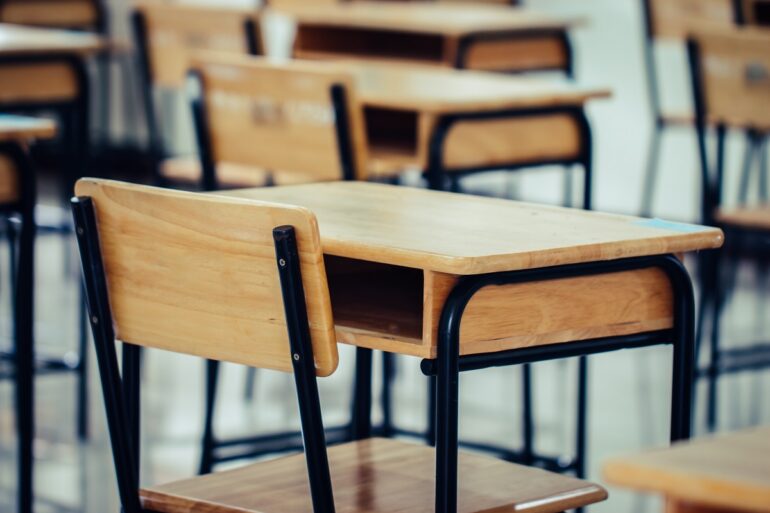More than 80% of Czech teachers agree that using electronic resources and devices in class helps pupils deepen their interest in learning and collaborate more effectively on assigned tasks, according to the international TALIS 2024 survey.
About three-quarters of teachers also agreed that using these resources and devices helps students improve their academic performance. At the same time, just under half of teachers believe that electronic tools distract students from learning.
According to the Czech School Inspectorate (CSI), 53 countries participated in the survey, including about 7,000 teachers and principals from nearly 370 schools in the Czech Republic, primarily second-level primary schools and lower grades of gymnaziums.
On average, twice as many teachers in the EU as a whole use electronic devices to test pupils as in the Czech Republic, the inspectorate said. On average, 40% of teachers in the EU do so.
About two-fifths of Czech teachers reported replacing printed materials with electronic resources.
More than three-quarters of Czech teachers said they can learn to use new technologies, explain to students the potential risks of using electronic resources, and identify resources that would support the teaching of their subjects.
However, 80% of all the teachers surveyed also said they believe that the use of electronic tools has a negative impact on students’ quality of life, with 71% saying these tools lead to students passing off content from the internet as their own work.
About 60% of Czech teachers agreed that artificial intelligence (AI) helps create or improve lesson plans. It is also the most common way they use AI for teaching. About 55% of teachers agreed that AI allows them to adapt materials to different student abilities and supports students with special needs.
Less than half of Czech teachers used AI to teach or facilitate student learning in the 12 months prior to the spring 2024 survey. The EU average was 32%.






